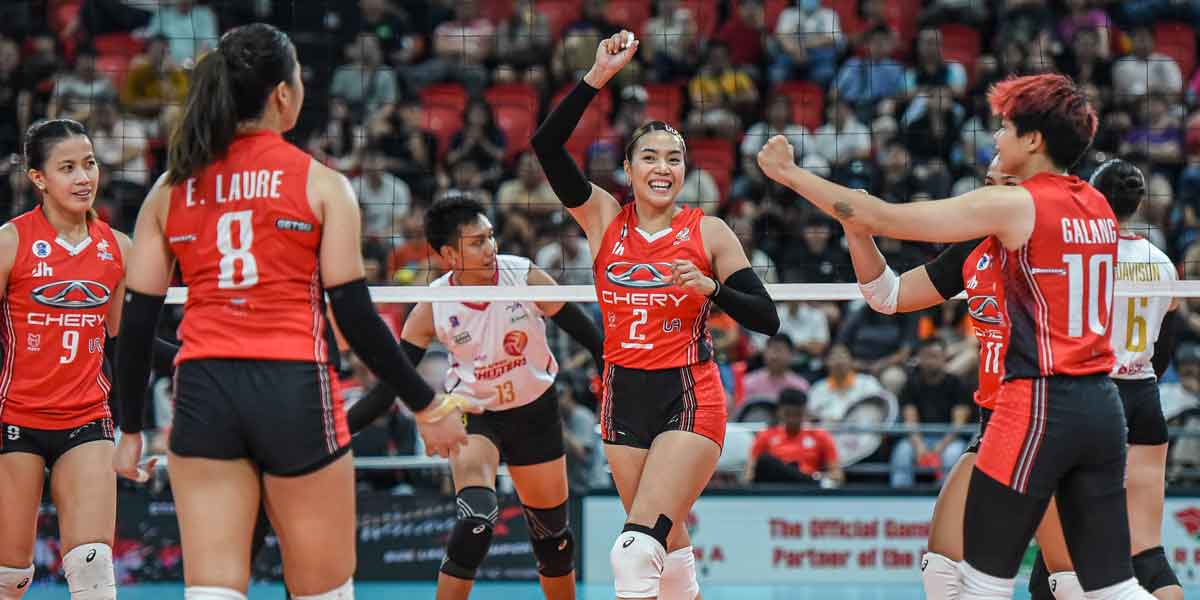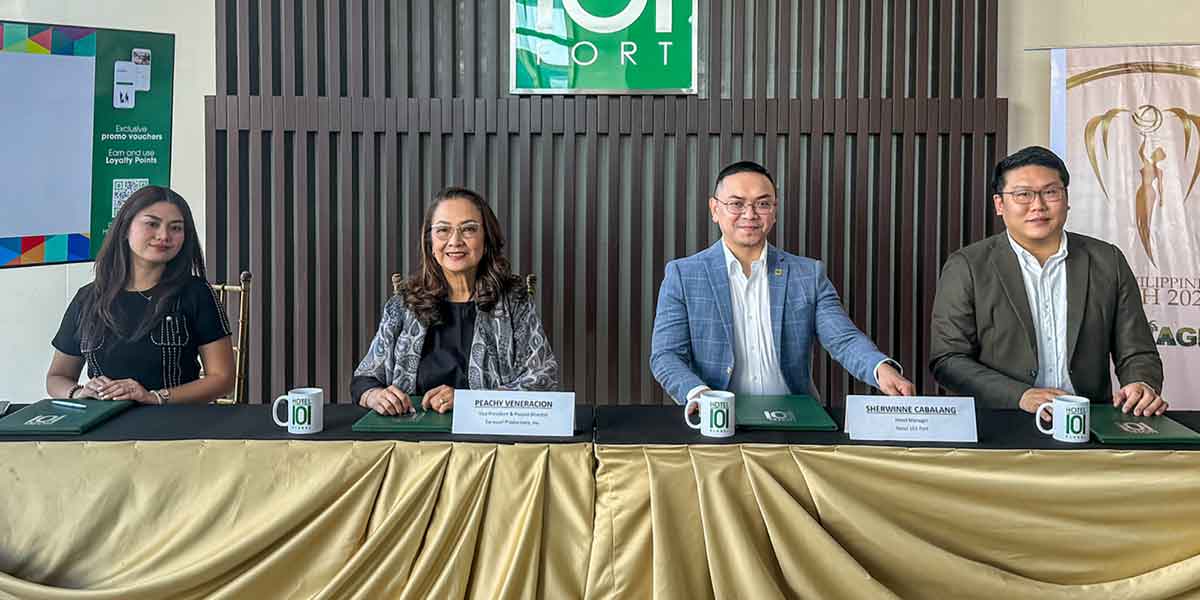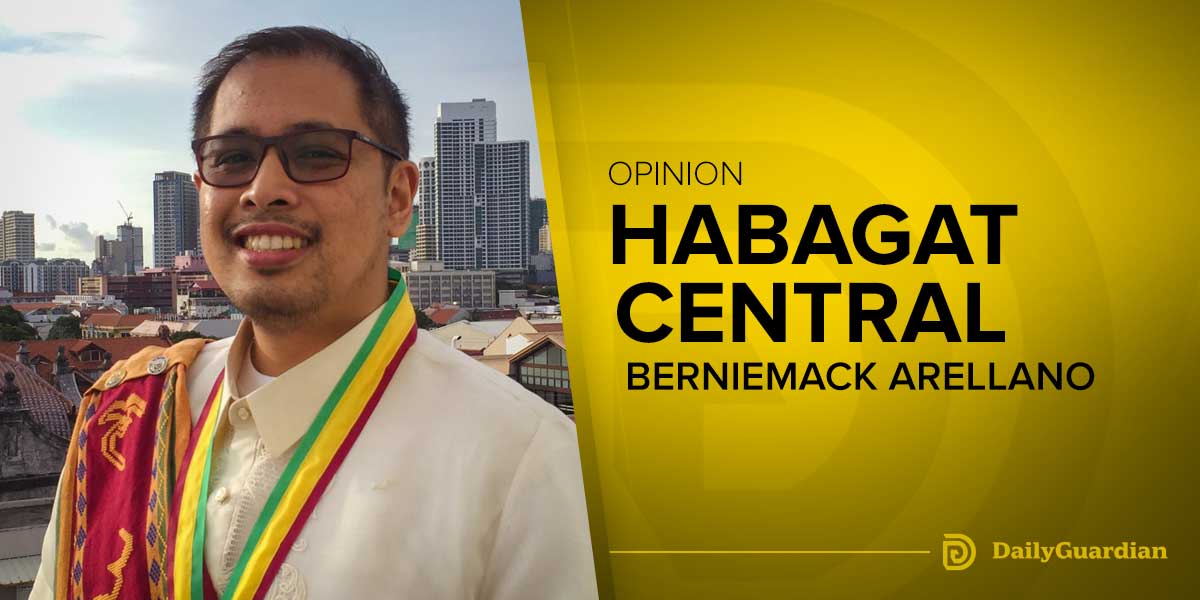By Richard Javad Heydarian
The newly installed Ferdinand Marcos Jr administration has emphatically invoked international law on the sixth anniversary of its arbitration award victory against China over their competing claims in the South China Sea, marking the latest sign of a major strategic reboot in Manila’s policy towards Beijing.
That emerging reboot stands in stark contrast to the stance of outgoing president Rodrigo Duterte, who repeatedly questioned the value of the historic arbitral ruling at The Hague in favor of the Philippines and underscored his willingness to “set aside” the award in favor of warmer ties with Beijing.
“The award and the United Nations Convention on the Law of the Sea (UNCLOS) are the twin anchors of the Philippines’ policy and actions on the [South China Sea],” newly appointed Foreign Affairs Secretary Enrique Manalo said on the 6th anniversary of the pivotal ruling.
“These findings are no longer within the reach of denial and rebuttal, and are conclusive as they are indisputable,” he said in a statement, adding “[w]e firmly reject attempts to undermine it… even erase it from law, history and our collective memories.”
Marcos Jr’s relative and ambassador to the United States, Jose Manuel Romualdez, made it clear that while his country favors “diplomacy” the Philippines is “prepared to deter aggression.”
In clear support for its treaty ally, US Secretary of State Antony Blinken has called on China “to abide by its obligations under international law and cease its provocative behavior,” while warning an armed attack on Philippine armed forces, public vessels or aircraft in the South China Sea would invoke US mutual defense commitments” under the 1951 US-Philippines Mutual Defense Treaty.
Significantly, the tough statements came just days after Chinese Foreign Minister Wang Yi visited Manila to extend an official invitation for the new Filipino president to visit China in the near future.
The Communist Party-run mouthpiece Global Times said Wang’s visit had ushered in a new “golden era” of ties and that Beijing was willing to deepen cooperation in various fields. It noted Marcos Jr said that the “South China Sea is not the mainstream of bilateral relations and should not stand in the way of bilateral relation [sic].”
It also said “Chinese observers are confident the new Philippines government has the wisdom to know what is best for the country and will avoid taking sides between China and the US” as “the US [is] trying hard to push Southeast Asian countries to encircle China.”
Yet the already perceptible shift in the Philippines’ China policy is by some measure a reflection of Marcos Jr’s preference for restoring frayed ties with Washington as well as deference to public sentiment at home.
A recent authoritative survey conducted by local pollster Pulse Asia showed that nine out of ten Filipinos want the new president’s administration to take a more assertive stance in the South China Sea. Marcos’ top cabinet members, namely his diplomatic and defense chiefs, both veterans of the strategic establishment, are known to share broadly the public’s views on the maritime disputes.
STRATEGIC SUBSERVIENCE
The landmark ruling by an arbitral tribunal at The Hague, formed under aegis of the UNCLOS, was arguably the greatest strategic legacy of former and now deceased president Benigno Aquino III.
Following a months-long naval standoff with China over the Scarborough Shoal in 2012, Aquino decided to take Beijing to international court to assert his country’s sovereign rights in the disputed South China Sea waters.
Following years-long arbitration proceedings, which were boycotted and constantly lambasted by Beijing’s various propaganda organs, the final award in favor of Manila’s claims was issued on July 12, 2016, just weeks after Aquino stepped down in favor of his pro-China successor, Duterte.
Right off the bat, the then-new Filipino president made it clear that the maritime disputes were a peripheral concern for him. Instead, he cultivated robust strategic and economic relations with China, which offered – though scarcely delivered – large-scale infrastructure investment deals as well as strategic patronage amid Western criticism of Duterte’s human rights record.
The Duterte administration opted for a “soft-landing” upon the release of the landmark ruling, which rejected the bulk of China’s expansive “nine-dash line” claims in the South China Sea as incompatible with modern international law including under UNCLOS.
In response, Chinese Foreign Minister Wang rejected the arbitration ruling as “illegal [in] nature” and the product of Western “political manipulation”, which “will be further revealed.”
To Beijing’s delight, Duterte adopted a broadly skeptical attitude towards the same ruling, even though it strengthened his country’s claims in the South China Sea. His foreign secretary and former dormmate, Perfecto Yasay, celebrated the award as a “milestone”, but also emphasized the need “to exercise restraint and sobriety” instead of indulging in triumphalist assertiveness against Beijing.
Shortly after Duterte’s visit to Beijing in late 2016, his first major foreign destination, he announced that “[i]n the play of politics now, I will set aside the arbitral ruling.” The announcement provoked outrage among the Filipino public while forcing the Department of Foreign Affairs to eventually issue, under the guidance of then Undersecretary Enrique Manalo, a clarificatory statement downplaying the Filipino president’s statement.
Yet Duterte stuck doggedly to his pro-Beijing line. For instance, during his chairmanship of the Association of Southeast Asian Nations (ASEAN) the following year, he downplayed the relevance of the South China Sea disputes with China and warned external allies such as the US and Japan to back off, since the maritime spats are “better left untouched”.
Bizarrely, Duterte even went so far as to warn of “useless war” if the Philippines insists on asserting the arbitration award. He publicly argued that it’s better for smaller powers to remain “meek” and “humble” in exchange for China’s “mercy.”
Duterte, in hopes of courting Chinese assistance amid the Covid-19 pandemic that devastated the Philippine economy, last year effectively parroted China’s line, arguing that the arbitral tribunal award is “just a piece of paper” and that he will “throw that in the wastebasket.”
Initially, Marcos Jr signaled broad continuity with the outgoing Filipino president. In January, as his presidential campaign picked up steam, Marcos Jr echoed Duterte by stating, “That arbitration is no longer an arbitration if there’s only one party. So, it’s no longer available to us.”
Months earlier, when he desperately sought the endorsement of Duterte, who preferred his own daughter Sara to succeed him, Marcos Jr vowed to continue the incumbent’s China policy.
UNEXPECTED REBOOT
However, Marco Jr’s messaging began to change dramatically in February as he solidified his lead in the presidential campaign under the “UnitTeam” tandem with Sara Duterte, his vice-presidential running mate.
“The reason why I spoke about putting military presence there is so the government has a presence there to show China that we are defending what we consider our territorial waters,” Marcos said during a presidential candidate debate where he was questioned about his stance on protecting Filipino fishermen and resources in the South China Sea.
He has maintained a similarly tough stance even after winning the presidency, particularly on the arbitration award.
“We have a very important ruling in our favor and we will use it to continue to assert our territorial rights. It is not a claim. It is already our territorial right,” then president-elect Marcos Jr said in his first major policy statement after securing his family’s return to the Malacañang Palace.
“Our sovereignty is sacred and we will not compromise it in any way,” he added in a particularly nationalist statement. “We will not allow a single square, and maybe make it even smaller, a single square millimeter of our maritime coastal and up to 200 kilometers rights to be trampled upon,” Marcos Jr said, referring to the Philippines’ exclusive economic zone in the South China Sea.
Unlike Duterte, who met frequently with China’s envoys in his first few months in office and later repeatedly threatened to end his country’s alliance with America, Marcos Jr had conducted successive conversations with high-level US officials, including US President Joseph Biden and US Deputy Secretary of State Wendy Sherman, weeks before his inauguration.
The new Filipino president reassured his American counterparts that he would be employing a “firm voice” in dealing with China and that he will also try to seek “the help of ASEAN because they are crafting the code of conduct” in the South China Sea.
In another major departure from his predecessor, who mainly relied on trusted allies and loyalists to run his foreign policy, Marcos Jr instead appointed a career and traditionally oriented diplomat to head the Department of Foreign Affairs.
The new Filipino president’s about-face has won support from the chief architects of the South China Sea arbitration against China.
“We certainly welcome this new position of Marcos Jr, which is the only correct position that any president of the Philippines can take on the [South China Sea],” former Associate Justice Antonio Carpio said while welcoming “a dramatic and surprising sea change” under the new government.
“We can now breathe a heavy sigh of relief as if the strongest new political typhoon forecasted to imminently hit our country since World War II suddenly dissipated before reaching our shores,” the former magistrate added.
Former foreign secretary Albert del Rosario, who oversaw the arbitration case under the Aquino administration, has gone so far as to urge the Marcos administration to “consistently raise the [arbitral] award before the United Nations General Assembly and sponsor a UN resolution showing the support of other countries in enforcing the award.”
The Marcos administration’s policy recalibration, however, is likely driven by broader political calculations. Not only is the new Filipino president less attached to China and more comfortable with the West but he is also more sensitive to public opinion than Duterte.
A survey conducted by Pulse Asia from June 24-27 showed that as many as 89% of Filipinos want the Philippine government to assert the 2016 arbitral tribunal ruling.
This was the case across all socio-economic classes, especially among the urban middle class (95%) who dominate public discourse after elections. Only 1% of the survey’s respondents wanted the government to take a softer stance.
“It reflects the Filipino people’s desire for the new government to assert our rights based on our arbitral victory in 2016,” said Dindo Manhit, the head of the think tank that commissioned the survey.
Follow Richard Javad Heydarian on Twitter at @richeydarian



















